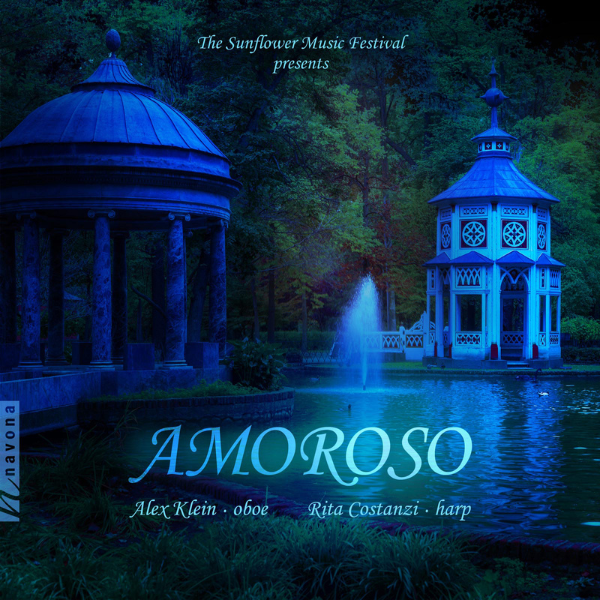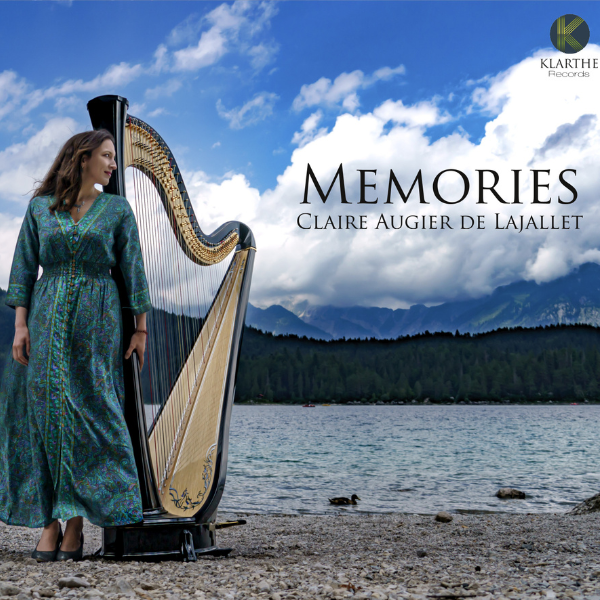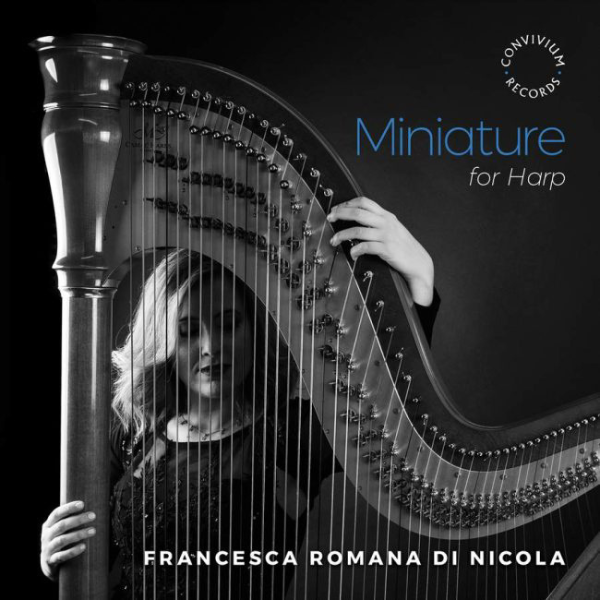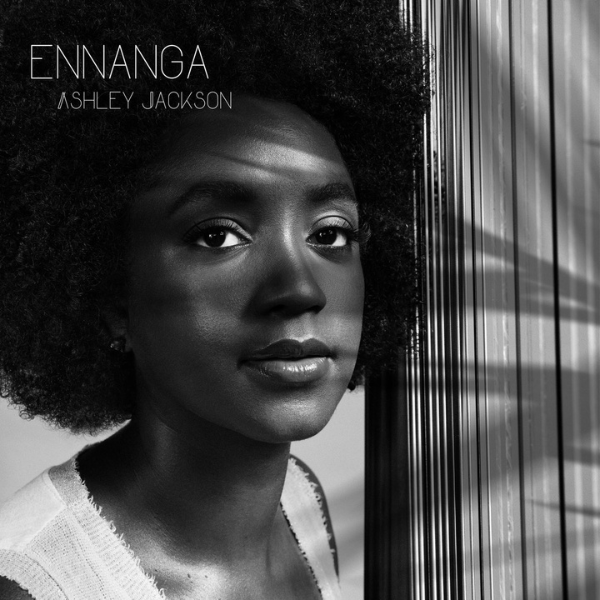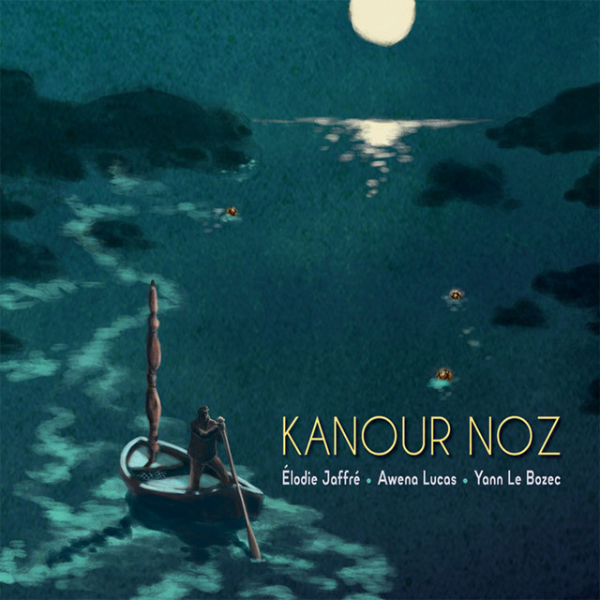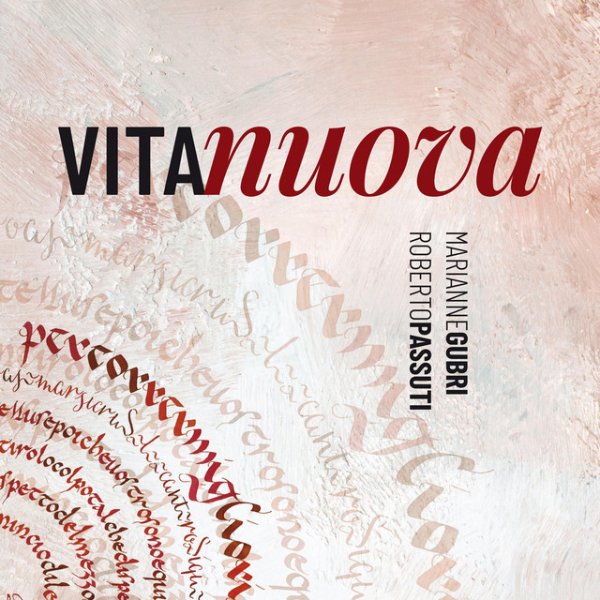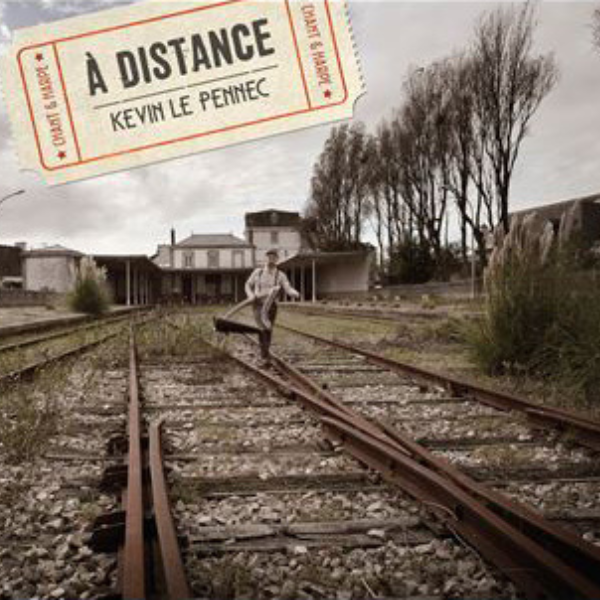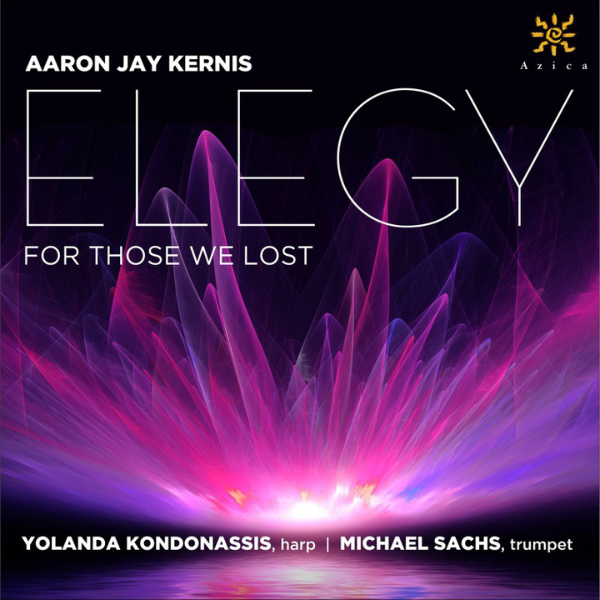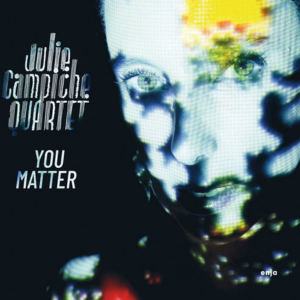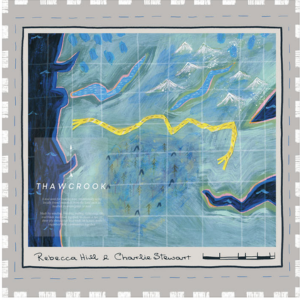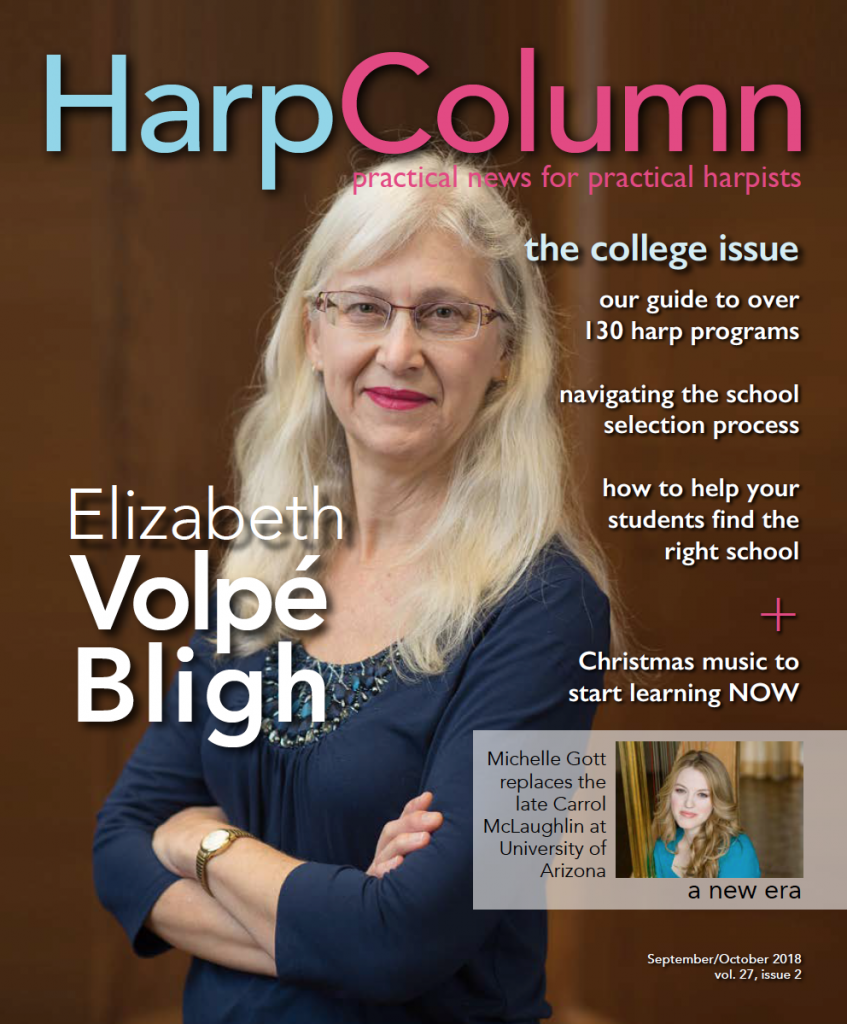
8/10
Manon le Comte, harp; Victor Fournelle-Blain, violin. Emergence Space, 2017
“If the brain is a muscle, then learning to play an instrument and read music is the ultimate exercise.” So begins a report from the Brain and Creativity Institute at USC in Los Angeles, outlining how even just a few years of music study can change children’s brain structure and boost decision-making network. What every expectant mother playing “Baby Einstein” CDs or sending her toddler to Suzuki lessons is hoping is that some of the transformative power of music will rub off on her little one—not just make them whole and joyful creatures, but smarter and better people.
Quebecois harpist Manon le Comte was inspired by her own daughter Ariane to pull together a delightful collection of miniatures in her second album Jouer, chanter, danser. The album cover’s precious photographs of Ariane’s dolls climbing, swinging, and playing peek-a-boo on Manon’s Lyon & Healy capture precisely the quality of child-like discovery and effortless, carefree wonder in this rich assemblage, carefully chosen to emphasize the “play” in playlist.
This is beautifully codified in a work I seldom come across, Carlos Salzedo’s Short Stories. In mere seconds, Manon casts a spell of enchantment. Her tone is warm and close—think a camera’s soft focus and with a hint of “Once upon a time…” in each pull of the strings. It’s the ability to cross lullaby with storytime that makes her performances so beguiling.
The album opens not with harp, but rather violin. Victor Fournelle-Blain is the associate principal violist of the Montreal Symphony Orchestra. He sets the entire mood playing his doubling instrument—violin— with a wistful set of folk tunes from Scotland and Canada, arranged by Cameron Wilson. I always feel a bit uncertain about classical musicians venturing into the folk world—will they have the insouciance, the character, and looseness to hold our interest? These two have it just right.
Victor joins Manon again for one of the most beguiling pieces on the CD, Vaclav Trojan’s “The Concert of the Nightingale.” Playing in an impossibly high register, his tone floats into our imaginations like a cool breeze on a warm summer’s night.
David Watkins “Dance Suite” is another favorite, as is the “Galop” by Alexandre Mossolov, played with sweet élan and poetry. And for an off-beat, crossover lullaby, Chick Corea’s appearance in the mix is a stroke of genius, fitting well between Ravel and Khachaturian.
Gidon Kremer brought composer Leonid Desyatnikov to the classical world’s attention when he requested an arrangement of music from the film Sakat for violin and piano. The most intense of the works on the album, “Death of Absalom and Tango” is rich in exotic flavor and dark undertones. It follows six waltzes by Prokofiev, Liadov, and others, so by this point a young would-be dancer may be looking for a frenzied release, first smoldering in the smoky dance halls of Buenos Aires and finally in bursting forth in the villages of Romania with Bela Bartok’s seminal dances played with more reserve than is often heard, allowing things to build gradually to an outburst of joy.






